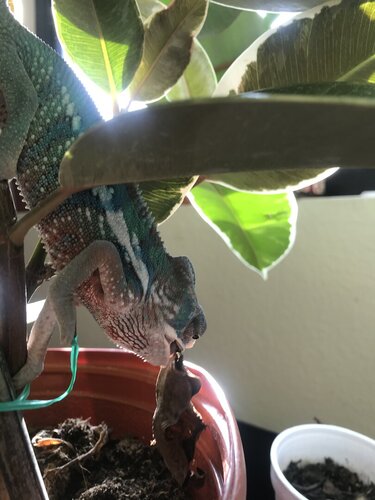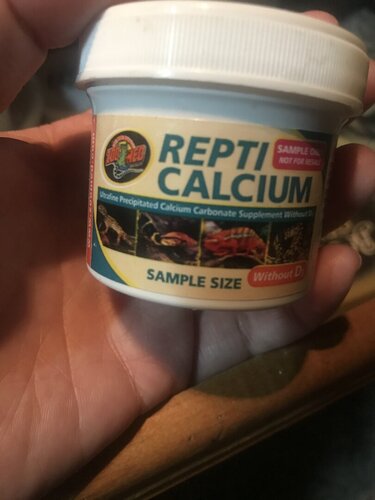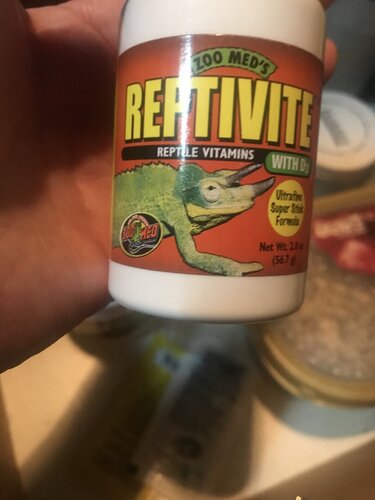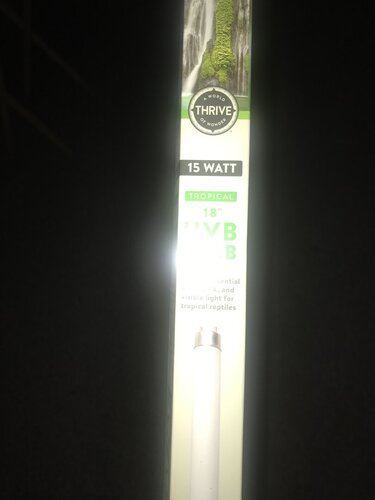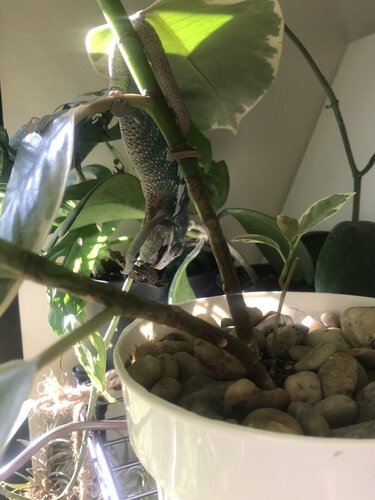Bowieluna
New Member
I am concerned because I have not seen him eat insects in a while (maybe I just haven’t seen it), yet Every time he gets the chance he eats sooo many dead leaves. He’ll eat one the size of his body no problem. I don’t stop him because I’m not sure if it’s similar to dogs eating grass or not. I recently listened to a podcast with Bill strand and some lovely British guest about bio-active enclosures. The guest mentions that in the wild chameleons will eat leaves, rocks, dirt, things that get caught on bugs, etc. quite commonly in the wild, and they actually get extra minerals & nutrients from those things. So I’ve been letting him eat dead leaves, but it does feel like a lot. And recently he tried eating small River rocks that were almost the size of his head that I used to cover the potted plants. I thought they were quite large, and I stopped him from eating them even though he tried several times, and quickly changed them out. I made sure he got his proper dose of dusted vitamins and calcium. I give him calcium without d3 just about every day, and vitamins with d3 once every other week. Am I not giving him enough vitamins? I feel like I have the proper uvb with the long 24’’ fluorescent bulbs

